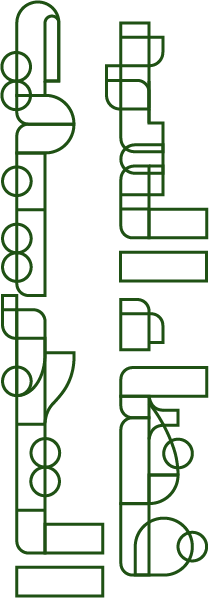The Riwayat Digital Fellowship culminates in an online exhibition highlighting digital storytelling's power to address socio-political issues. Utilizing Twine 2.0, participants create interactive narratives that engage audiences in meaningful ways, demonstrating the potential of digital literature to foster deeper understanding and reflection. The exhibition showcases these works, emphasizing the innovative use of technology in crafting compelling stories.
Digital storytelling represents a zone of experimentation for ideas conceived in the socio-political landscape and transformed into interactive narratives. The Riwayat Digital Fellowship nurtures these processes, empowering young Moroccan storytellers to explore and articulate complex themes through digital media beyond print-based modalities. This exhibition brings their stories to a broader audience, inviting engagement and dialogue.
The five featured works in the exhibition are not just stories but immersive, reader-driven experiences that challenge traditional storytelling methods. They exemplify the fellowship's commitment to amplifying underrepresented voices and exploring contemporary issues. These interactive narratives delve into themes such as migration, women's rights, and environmental activism, using Twine 2.0's capabilities to create unique, engaging experiences. This approach expands our understanding of digital literature's role in social change.
The exhibition is realized with the support of THE NEXT and Electronic Literature Organization, which provides a platform for these innovative works. This collaboration ensures the digital stories are accessible to a broad audience, fostering community engagement and dialogue between Moroccan young authors and an international audience of academics and creators.
Credits
Dr. Rachid Benharrousse | Rachid Benharrousse had his PhD from Mohammed V University in Rabat. Previously, Benharrousse was an Early Career Researcher at the African Academy for Migration Research (AAMR) at the University of Witwatersrand, a Research Director at the Palah Light Lab at The New School, a Research Participant of Digital Studies at the Berkman Klein Center at Harvard University, a Research Collaborator at the Paris Institute for Critical Thinking (PICT), and Early Career Researcher at the Association of Middle Eastern Women's Studies (AMEWS).
We acknowledge and immensely appreciate Dene Grigar's help in facilitating and welcoming this exhibition and for her outstanding work which inspired much of this exhibition, Holly Slocum and Sydney Nguyen's work in designing the exhibition's logo and ideation, and Greg Philbrook's technical expertise and meticulous problem-solving; without their help and support, this exhibition would not be possible.
